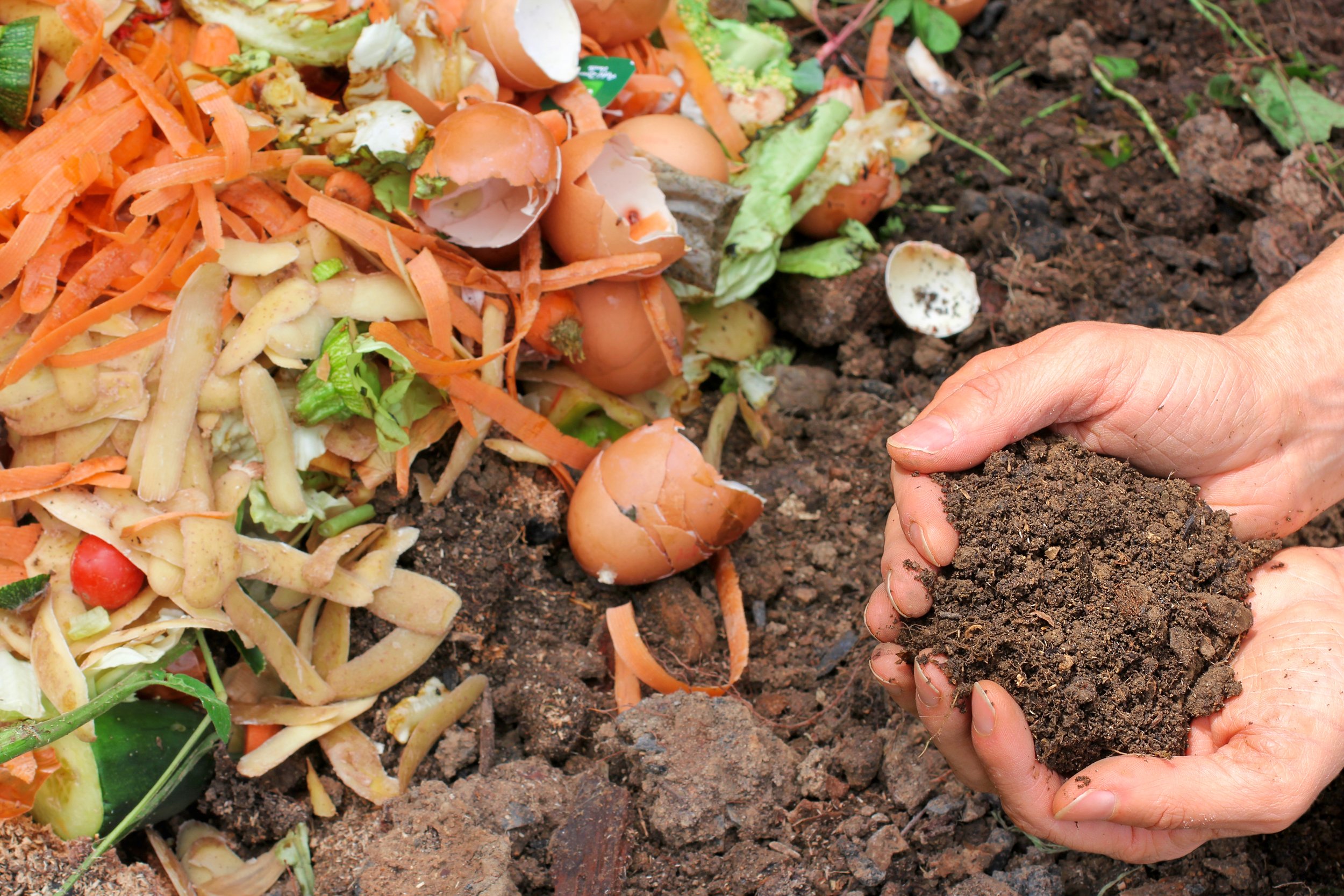Composting is A Gift for the Future
You might be surprised to learn that a lot of food is thrown away every day. That’s why the term “food waste” was created. Most often, this waste is transported to landfills with all types of other garbage and it can take anywhere between 2 weeks to 40 years to decompose. Food, together with paper, cardboard, and newspapers, is one of the top trash contributors in the whole world.
Throwing away food is not only wasteful but also harmful for our planet. Food that ends up in landfills, instead of in our bellies or our composts, has a worrisome effect on the environment. As rotting food decomposes, it releases methane, a damaging greenhouse gas that contributes to climate change.
That’s why it’s extremely valuable to compost our food waste — it helps the world manage such big quantities of trash in a fruitful way.
Instead of throwing away food, we can reuse it through composting. The compost helps to create soil, which is like food for gardens, parks, fields, greenhouses, or any place where plants and flowers are grown.
The secret formula behind composting is to mix green organic matter with brown organic matter. This results in the creation of soil that is very healthy and rich in nutrients AND very valuable for gardening.
Over time, through composting, the food that we have eaten and thrown away will feed plants and trees that we need to breathe clean air.
At first, it can seem that composting is a lot of work, but in general it’s not that difficult. Plus, there are a lot of how-to guides and different ways to do it!
You can start composting by collecting your green organic food trash and keeping it in a closed container. Then you can either donate your weekly food waste to compost collecting spots in the area where you live or continue keeping them at home and adding to them brown organic matter. When you collect green and brown organic matter together, it’s important to keep them in balanced quantities and to add water that helps the process and prevents the compost from getting too dry.
We found a very helpful composting tool called Lomi, which can transform at least 50% of the food trash in every home. This includes ingredients that are not put in the traditional compost, like meat and fish, because usually they attract pests—but NOT when added to Lomi. Through using heat, abrasion, and oxygen, Lomi creates dirt that is rich in ingredients that plants love!
We love the Lomi so much that we are giving away one to a lucky winner for Earth Month. Follow us on Instagram for all the details!


